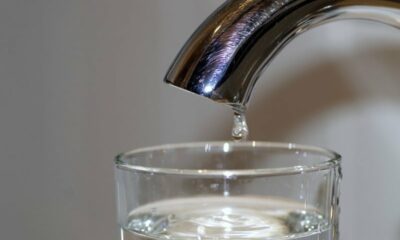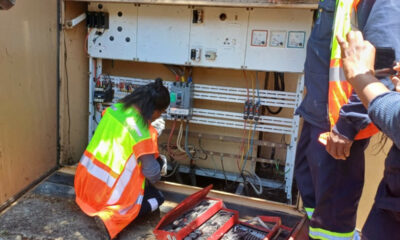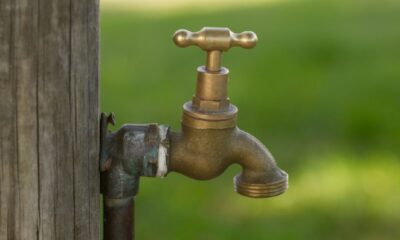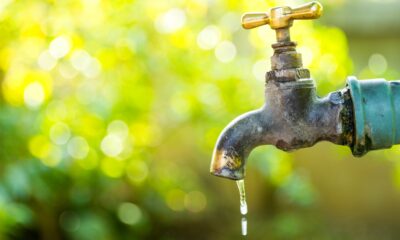Best of Johannesburg
Is Johannesburg Tap Water Safe to Drink in 2025? What You Need to Know
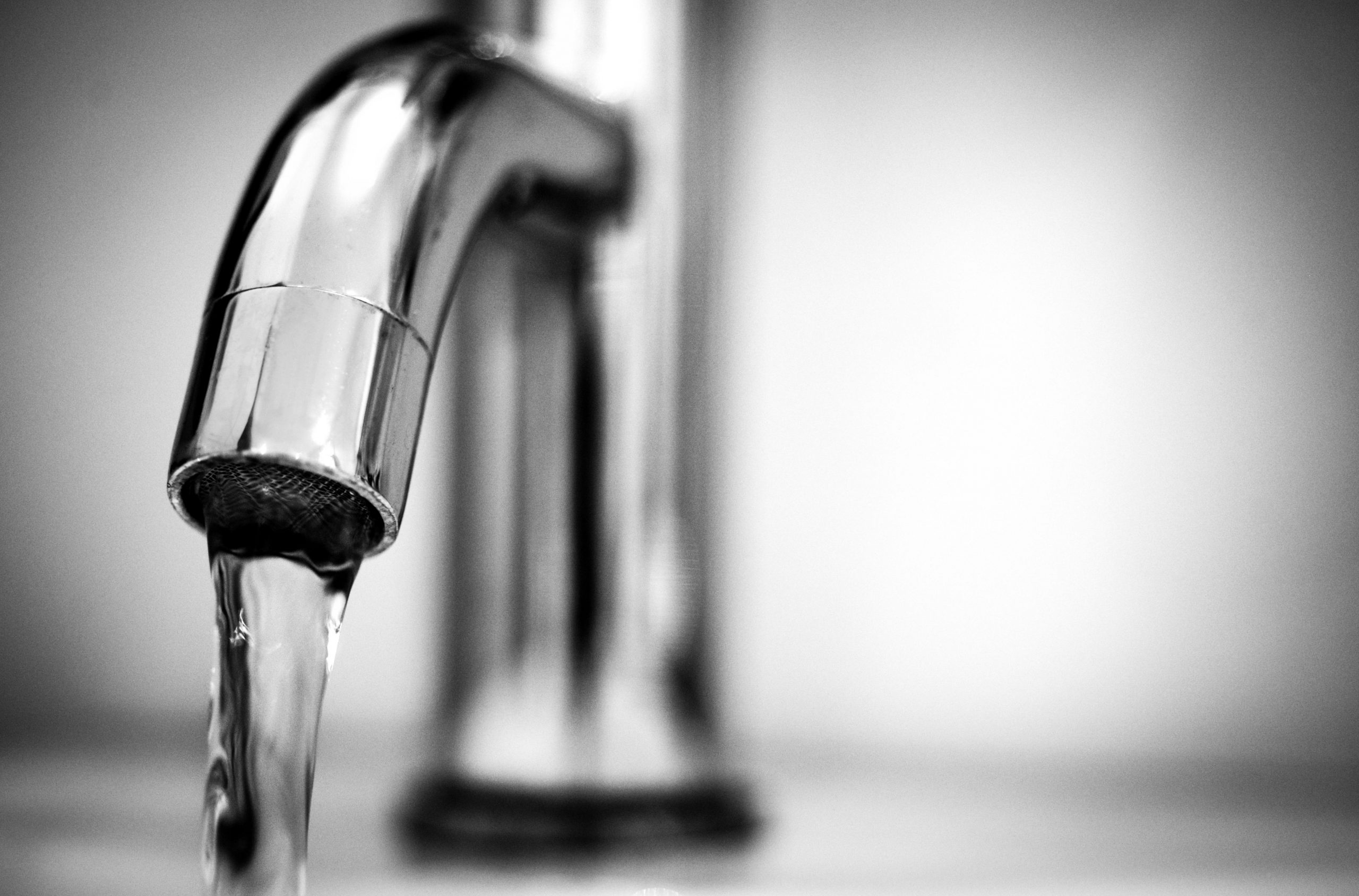
Is Johannesburg Tap Water Safe to Drink in 2025?
Johannesburg’s tap water is generally safe to drink and meets South Africa’s national drinking water quality standards (SANS 241). The City of Johannesburg uses rigorous multi-stage treatment processes – including filtration and chlorination – to ensure water safety. However, ageing infrastructure and local factors mean water quality can vary depending on your area and building plumbing.
Also read: Top Water-Saving Devices and Habits for Joburg Households
Where Does Johannesburg’s Water Come From?
-
Surface water: Mainly from reservoirs like the Vaal Dam, fed by the Vaal River.
-
Groundwater: Boreholes tapping underground aquifers supplement supply.
-
Reclaimed water: Used increasingly for irrigation and non-potable uses as part of Jozi’s water conservation efforts.
Common Issues with Johannesburg Tap Water
Despite treatment, some common challenges persist:
-
Taste and odor: Chlorine for disinfection can leave a chemical taste. Metallic or earthy flavors may come from old pipes.
-
Minerals: Elevated calcium and magnesium can cause scaling in appliances.
-
Ageing infrastructure: Pipes can leach metals like lead, especially in older buildings.
-
Potential pathogens: Rare but possible in older buildings with water tanks or poor plumbing.
Broader South African Water Quality Context
While Johannesburg generally scores well, water quality across South Africa is uneven due to infrastructure issues, climate variability, and contamination risks. Key national concerns include:
-
PFAS contamination: Industrial pollutants detected in some water sources like Hartbeespoort Dam.
-
Microplastics: Studies find small plastic particles in treated tap water in Johannesburg and other cities.
-
Heavy metals: Lead, chromium, and others detected in some regions, sometimes above WHO guidelines.
-
Agricultural pesticides: Low levels of pesticides have been found in river and tap water in rural areas.
These issues highlight the importance of knowing your local water quality and taking precautions where necessary.
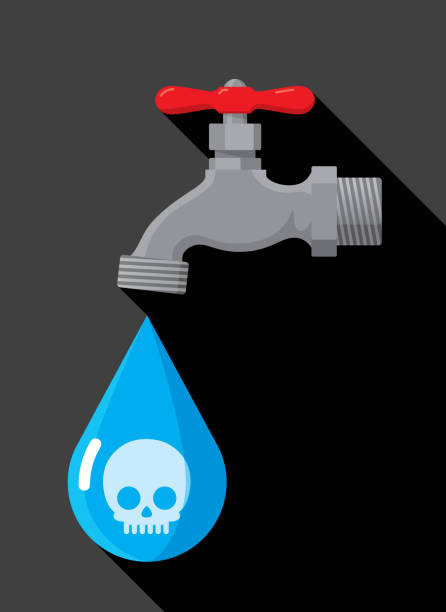
Image 1: iStock
What Is the Best Water Filtration Option for Johannesburg Residents?
Many Jozi households choose to filter tap water for taste, safety, and peace of mind. Effective filtration options include:
-
Activated carbon filters: Remove chlorine, taste, odor, and some heavy metals.
-
Ultrafiltration systems: Add protection against bacteria and viruses, especially useful in areas with older plumbing.
-
Reverse osmosis: Removes a wide range of contaminants, including heavy metals and some pesticides, but can waste water and remove beneficial minerals.
-
Shower filters: Reduce chlorine and limescale, which benefit skin and hair health.
Choosing the right filter depends on your water source and specific concerns. Testing your water can help you decide.
Should You Drink Bottled Water Instead?
Bottled water is widely available but has drawbacks:
-
Environmental impact from plastic waste and carbon emissions.
-
Possible microplastics and hormone disruptors leaching from bottles.
-
Higher long-term costs compared to tap water and filtration systems.
Filtering your tap water at home is a healthier, more sustainable, and cost-effective choice.
Johannesburg’s tap water is safe by national standards but can vary in taste and quality due to infrastructure and local factors. Awareness of broader water quality challenges in South Africa reinforces the benefits of using quality water filters at home. Avoid bottled water when possible and protect your health with the right filtration for your needs.
Also read: Why More Joburg Homes Are Turning to Rainwater Harvesting in 2025
Follow Joburg ETC on Facebook, Twitter , TikTok and Instagram
For more News in Johannesburg, visit joburgetc.com
Source: Wits University, Tappwater
Featured Image: ClickerHappy (Pexels)

